By Our Political Editor
Sri Lanka’s 77th Independence Day celebrations took place at Independence Square, offering a moment of national pride amid growing political turbulence. Though elegant and well-executed, the event unfolded against mounting controversies and deepening political divides. As President Anura Kumara Dissanayake delivered his address to the nation, his words carried a weight beyond mere ceremony.
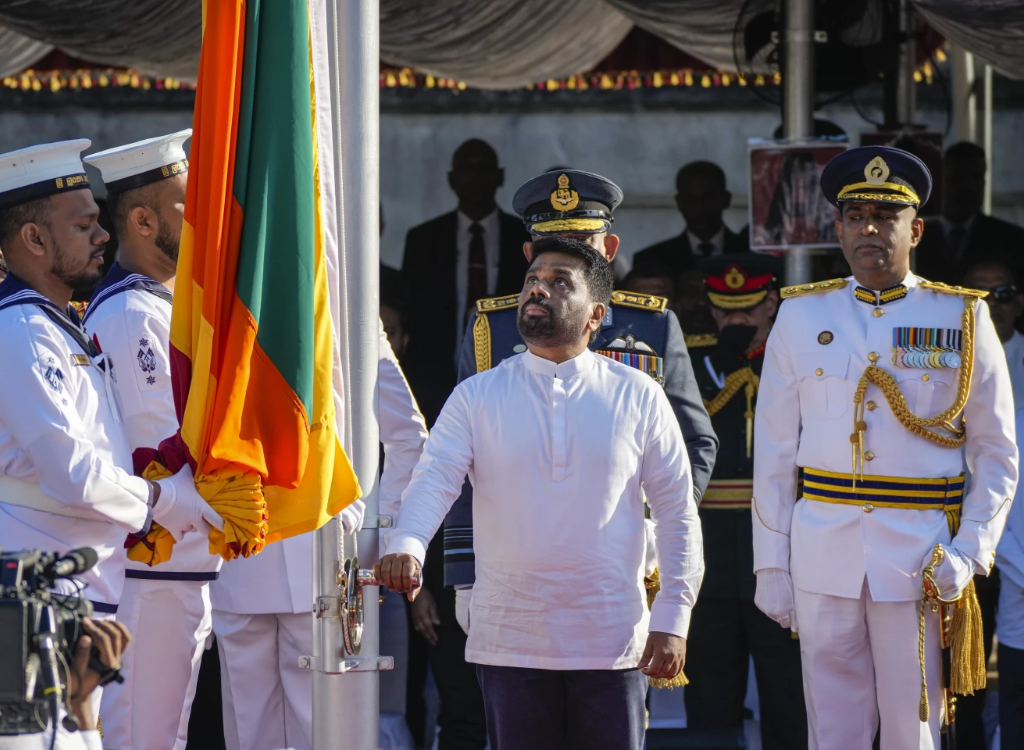
“There is a struggle we must all take part in to secure true economic, social, and cultural freedom for our motherland,” he declared, calling upon Sri Lankans to renew their commitment to nation-building. The statement, while aspirational, also served as a stark reminder that the country still grapples with deep economic woes, social inequities, and political instability. His emphasis on scientific, technological, and intellectual advancements underscored the need for modernisation, but the larger question remains on how Sri Lanka collectively rises to meet these challenges.
The reality is that while the government enjoys a firm grip on state affairs, it struggles with execution. President AKD remains the administration’s strongest political asset, but his government finds it increasingly difficult to push through meaningful reforms. Critics argue that true economic freedom cannot be achieved merely through rhetoric; it requires bold, often unpopular decisions that the government has hesitated to take. The state sector remains bloated, policy consistency is lacking, and the opposition is more adept at capitalising on missteps.
If the President genuinely seeks a national struggle for progress, the onus is on his administration to set the right tone. Structural reforms, economic discipline, and a clear development strategy must precede political spectacle. Without decisive action, his words risk becoming another Independence Day speech that fades into the archives without impact.
Amidst the celebrations, Malcolm Cardinal Ranjith ignited a separate debate with his strong remarks about the Constitution. Calling for its complete overhaul, he argued that the head of state must be legally bound to serve the people without indulging in power and perks. While echoing popular frustrations with political excess, his statement also signalled his unprecedented level of direct engagement in governance matters.
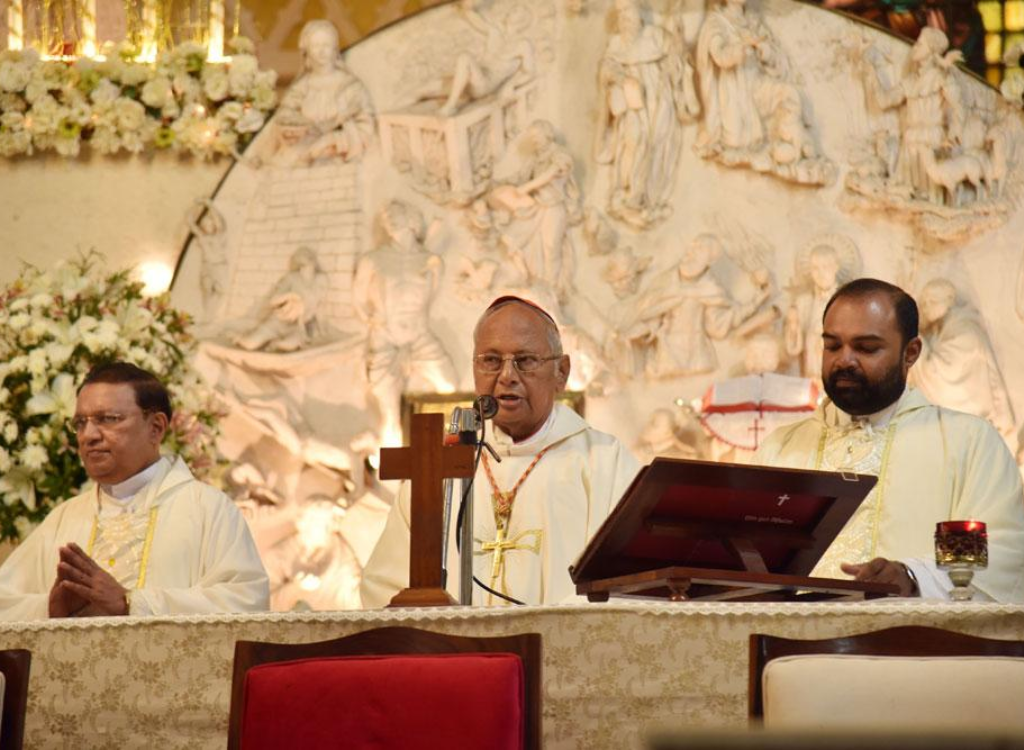
More controversially, the Cardinal called for the immediate removal of the Online Safety Bill, which he claimed was an assault on democracy and civil liberties. His remarks have sparked curiosity among political circles as the Cardinal has previously backed former Presidents Mahinda Rajapaksa, Maithripala Sirisena and Gotabaya Rajapaksa. Also, the same Cardinal took credit for President Anura Kumara Dissanayake’s victory while singing unusual praises to the President.
While the media seized upon his statements to fuel their own narratives, the President and his administration remained conspicuously silent. This non-response has led to speculation. Was this a deliberate strategy to avoid confrontation, or does the government view the Cardinal’s influence as non-threatening?
Some critics, however, argue that the Cardinal should stick to his religious duties rather than stepping into governance. His continuous unsolicited public advice is becoming a political headache for the government as the Cardinals’ outbursts are being used by the media and the opposition political parties to paint a negative picture of the government.
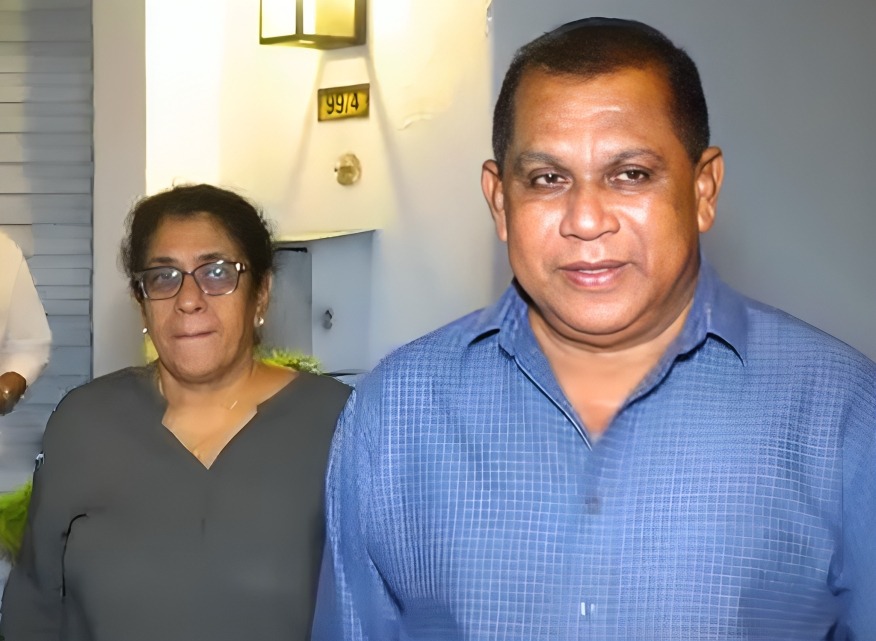
The much-anticipated talks between the United National Party (UNP) and the Samagi Jana Balawegaya (SJB), led by general secretaries Thalatha Atukorale and Ranjith Madduma Bandara respectively, are now on the verge of collapse, exposing the fragile nature of Sri Lanka’s opposition. What initially appeared to be a strategic realignment has turned into a public spectacle, with deep divisions surfacing between the two camps.
Adding to the chaos, a protest is set to occur outside SJB headquarters on February 8, led by MPs Sujeewa Senasinghe, Prasad Siriwardena, and Charith Abeysinghe. Their demand? The SJB leadership resisted being drawn into what they describe as a political trap set by former President Ranil Wickremesinghe. This protest illustrates a growing factional struggle within the opposition, where internal power plays prevents any meaningful consolidation against the government.
This dysfunction within the opposition is a temporary advantage for the ruling administration. As long as Sajith Premadasa and his party remain distracted by internal divisions, the government faces no credible electoral threat. However, this also means that public frustration lacks a unified political outlet, leading to further political disengagement or unpredictable protest movements.
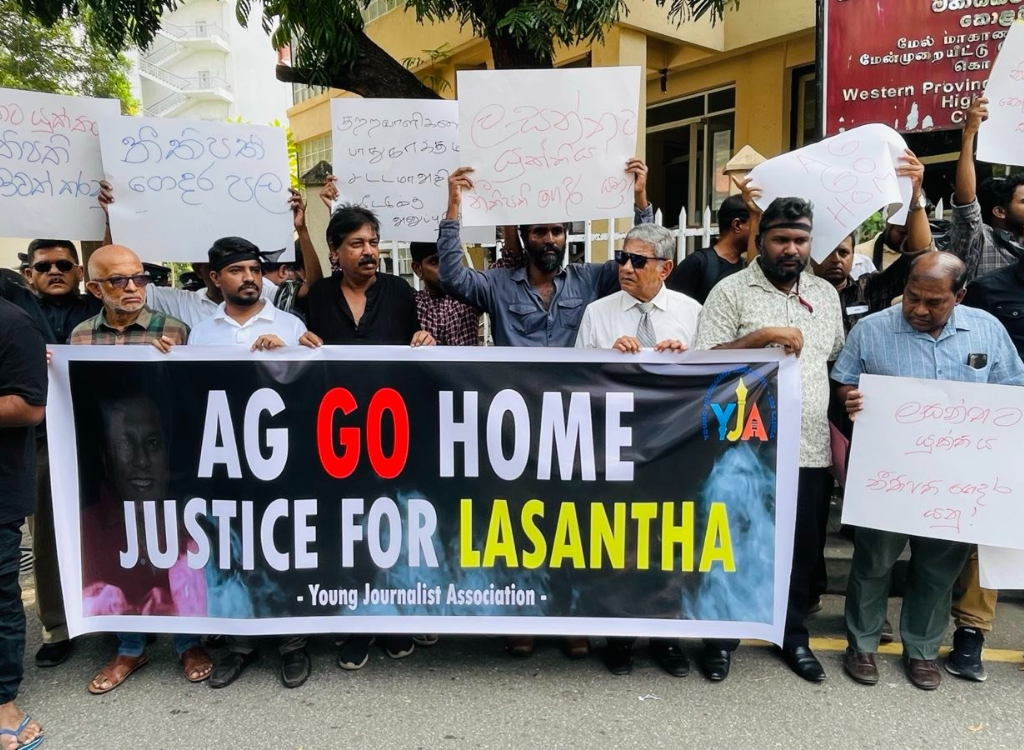
If there was one issue this week that caught the government off guard, it was the decision by the Attorney General’s office to release three suspects in the murder of newspaper editor Lasantha Wickrematunge. What should have been a routine legal proceeding quickly spiralled into a significant political liability?
The backlash was immediate. Media rights organisations, civil society groups, and the broader public expressed outrage, accusing the government of failing to deliver justice for one of the country’s most high-profile assassinations. The government, seemingly unprepared for the intensity of the reaction, scrambled to contain the damage.
Cabinet Spokesperson Dr Nalinda Jayatissa attempted to reassure the public by announcing that the government would review the AG’s decision and issue an official statement after further study. However, the damage was already done. The controversy not only alienated press freedom advocates but also provided fresh ammunition for opposition forces, who were quick to frame the episode as another example of the administration’s inefficiency and lack of transparency.
At the core of all these developments is a government increasingly dependent on President AKD’s popularity to sustain its legitimacy. While his image remains relatively strong, his administration’s ability to deliver results is under growing scrutiny. Despite being divided, the opposition capitalises on every government misstep, while outside voices like Malcolm Cardinal Ranjith and media activists continue to shape public discourse.
The coming weeks will test the government’s resilience. With the President’s inaugural budget just around the corner, his administration must prove that it has a coherent economic strategy beyond symbolic gestures. Conversely, the opposition must decide whether to remain fractured or present a credible challenge.
For now, the political landscape remains unsettled. Sri Lanka stands at a crucial stage. Will it rise together, as the President calls for, or will it remain trapped in a cycle of political infighting and short-term manoeuvring? The answer may determine the direction of the nation for years to come.
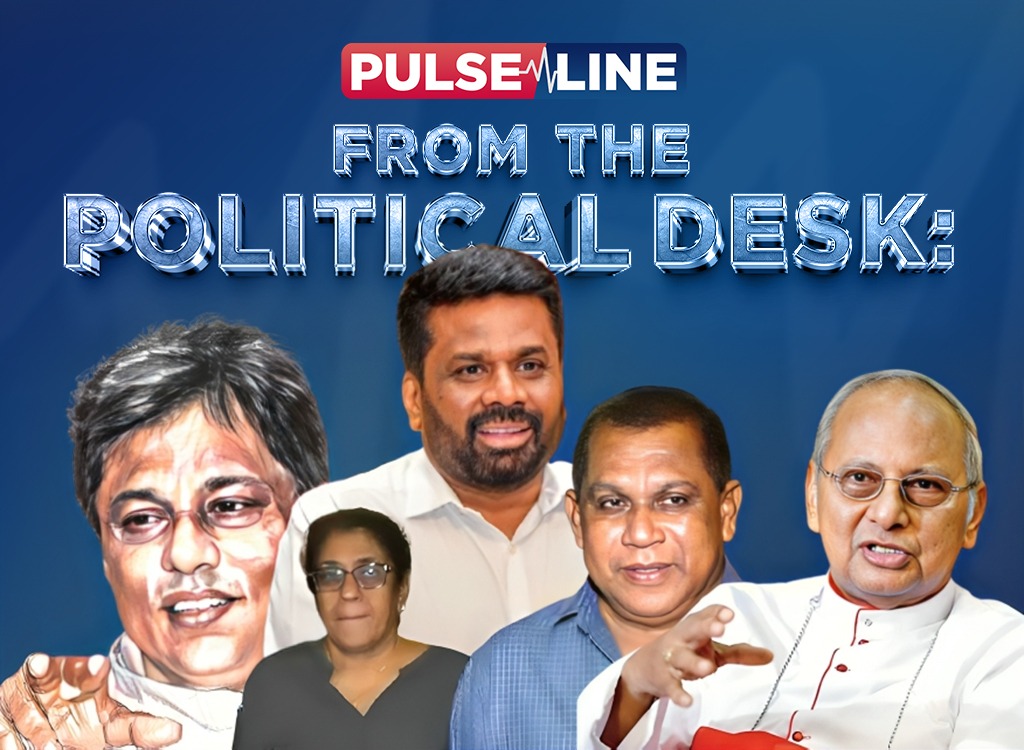
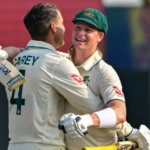
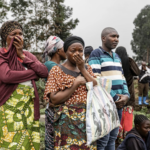

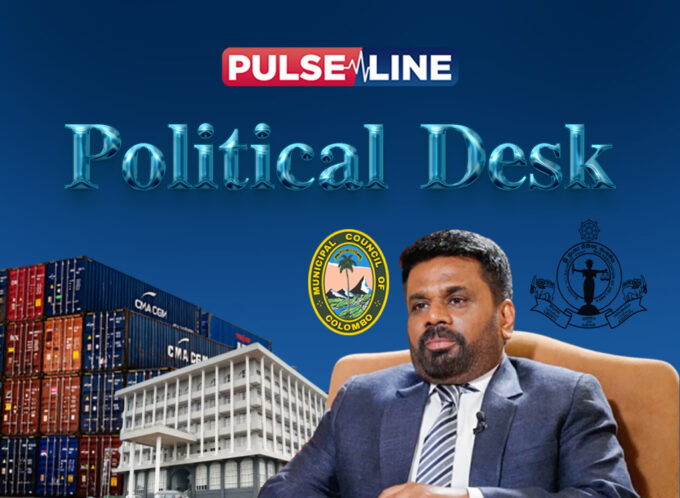
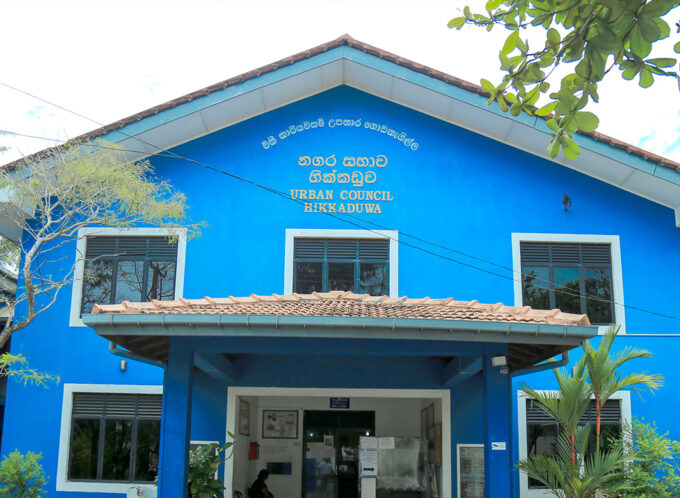
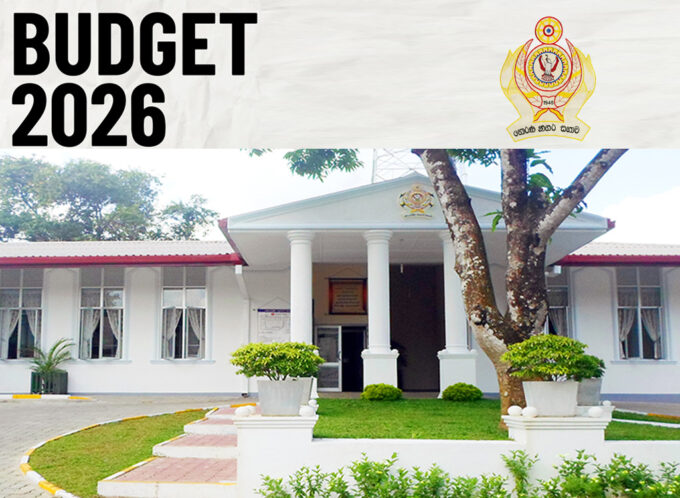

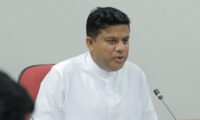
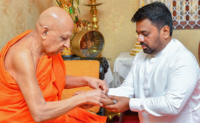

Leave a comment